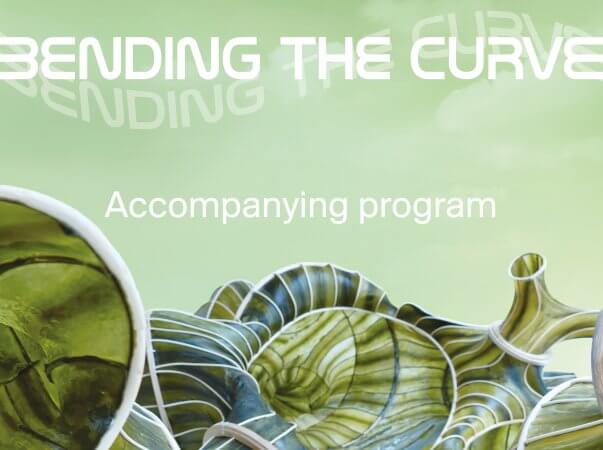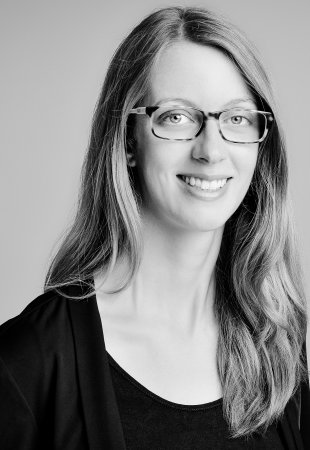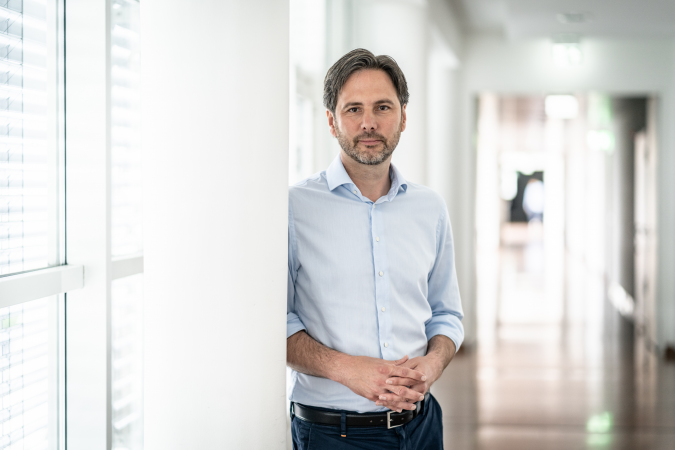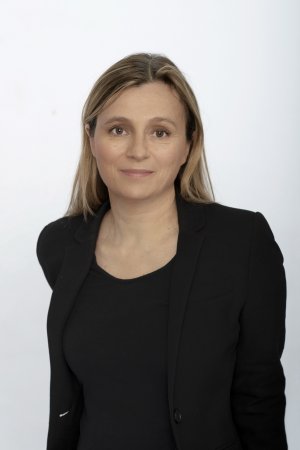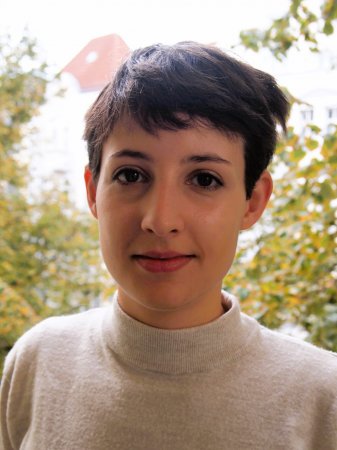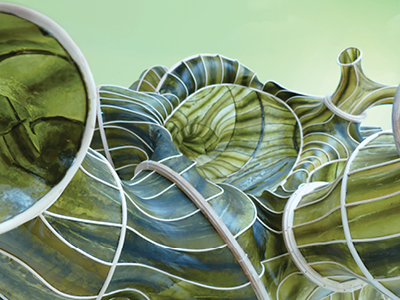Reduce, Reuse, Recycle? On new, old and completely different construction
13.02.2024, 18:00
Panel discussion with
Sandra Böhm, Lecturer and researcher at the Karlsruhe Institute of Technology, Faculty of Architecture, developer of the KIT Materials Library
Prof. Dr. Marcus Gwechenberger, Head of Department for Planning and Housing, Professor of Urban Transformation, Frankfurt University of Applied Sciences
Dipl. Ing. Claudia Meixner, Architect and founding member of the architectural office MEIXNER SCHLÜTER WENDT
Alex Nehmer, Cultural scientist and editor ARCH+ Zeitschrift für Architektur und Urbanismus, Co-Curator The Great Repair
Moderated by
Prof. Franziska Nori, Director Frankfurter Kunstverein
The way we construct our environment has a direct impact not only on global greenhouse gas emissions and consequently global warming but also on the loss of biodiversity through habitat destruction.
The question of the necessity and feasibility of changing the construction industry is at the center of the panel discussion Reduce, Reuse, Recycle. On new, old, and completely different construction.
Rapidly increasing soil sealing, global resource consumption, and the resulting drastic disruptions to ecosystems remain some of the greatest challenges of the 21st century. The linear concept of “produce, use, dispose of” has proven unsustainable for the future habitability of the planet in the face of scarce resources and exponentially growing urban populations. To establish a cycle of reduce, reuse, and recycle, alternative materials and construction methods need to be explored and implemented. A culture of repair or at least recycling must be politically promoted.
What possibilities exist for sustainable construction between old and innovative techniques and materials? What approaches are currently being discussed in the international architectural context, and what are the challenges involved? What role do regulatory and political requirements, as well as transcontinental material flows and the supply industry, play in implementing a changed approach to construction? How will the cities of the future be designed, especially considering housing shortages and climate change? What specific challenges arise at the municipal level, such as for the city of Frankfurt in relation to sustainable construction, and how are they being addressed?
The admission fee is €5. The event is free for members of Frankfurter Kunstverein. No registration is necessary.
Please note that the event will take place in German.
The event is part of the accompanying program for the exhibition Bending the Curve – Knowing, Acting, Caring for Biodiversity.
Sandra Böhm is a doctoral candidate and research assistant in teaching, research, and innovation at the Chair of Sustainable Construction at the Karlsruhe Institute for Technology (KIT), Faculty of Architecture. She studied product design at the Hochschule für Gestaltung Karlsruhe, where she obtained her diploma in 2014. Her diploma thesis, titled Komposita, focused on the reuse of biogenic residues and was presented at numerous exhibitions and fairs. In her doctoral thesis at KIT, she researches the reuse of biogenic residues within the construction industry, with a focus on biobased insulation materials. She recently presented her research in a peer-reviewed paper and presentation at the Real Corp 2023 conference LET IT GROW, LET US PLAN, LET IT GROW in Ljubljana, Slovenia. Together with Elena Boerman, she is responsible for the KIT Material Library and its continuous development. The KIT Material Library emphasizes a focus on circular architecture. Additionally, she lectures on material science and hosts practice-oriented research seminars at KIT.
Prof. Dr. Marcus Gwechenberger studied Geography, Political Science, and Sociology in Heidelberg, as well as Urban Planning and Settlement at the Technical University of Darmstadt. He completed his Ph.D. in Heidelberg in 2006. From 2007 to 2014, he served as a project manager at the Frankfurt-based firm PROPROJEKT, overseeing the Federal programs National Urban Development Policy and Investment Program for National UNESCO World Heritage Sites. Starting in 2014, he worked as the team leader for Urban Planning at Nassauische Heimstätte. Since 2016, he served as a speaker and, since 2021, as Deputy Office Manager in the Department for Planning and Housing of the City of Frankfurt am Main. In this role, he is responsible for leading projects in urban planning and development. From 2011 to 2023, he was a lecturer at the Frankfurt University of Applied Sciences (FRA UAS) in the Environmental Management and Urban Planning program in metropolitan areas. Since the summer semester of 2023, he has been a professor for Urban Transformation at FRA UAS. On June 22, 2023, he was elected by the Frankfurt City Council as the Commissioner for Planning and Housing.
Claudia Meixner is an architect and founding partner at MEIXNER SCHLÜTER WENDT, based in Frankfurt am Main. The firm has received national and international awards and honors for its work, including recognition at the World Architecture Festival and the International Architecture Award. The projects have been widely published and exhibited, including at the Venice Biennale in 2004, 2006, and 2012. Meixner was awarded the Villa Massimo Prize. She has served as a research associate at TU Darmstadt and as a guest professor at KIT in Karlsruhe. Additionally, she is a member of various expert councils, such as the advisory board of the Federal Foundation of Baukultur (Building Culture) and the Stiftung Städelschule für Baukunst (Städel School Foundation for Architecture).
Alex Nehmer is a cultural scholar and editor at ARCH+. Previously, she worked, among other places, for the House of World Cultures in Berlin on the publication series for the exhibition Wohnungsfrage (Housing Question). For ARCH+, she curated the exhibition Cohabitation (2021) and is currently a co-curator of the project The Great Repair, which, against the backdrop of the climate crisis, focuses on socio-ecological transformation, particularly in construction practices and urban design.

